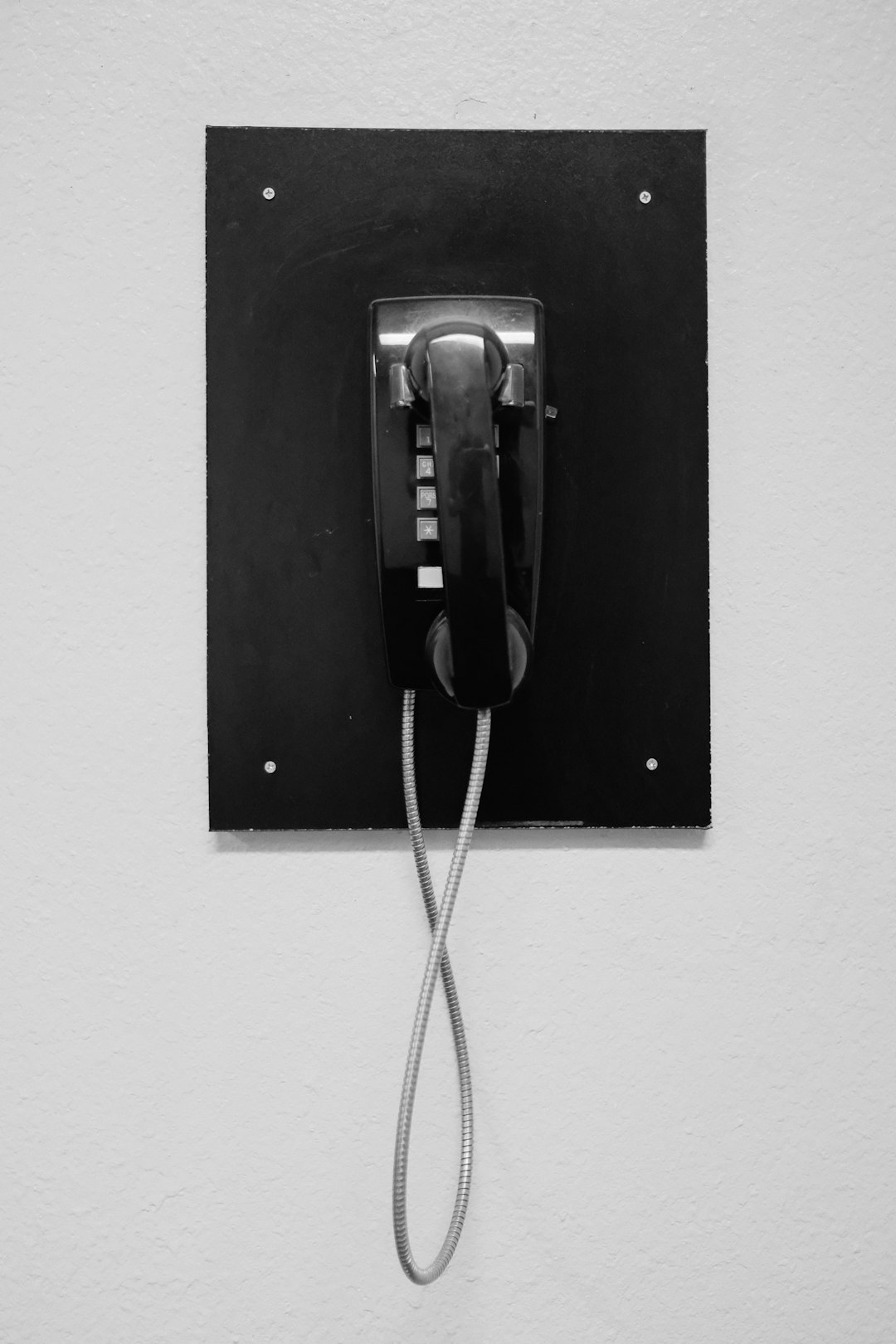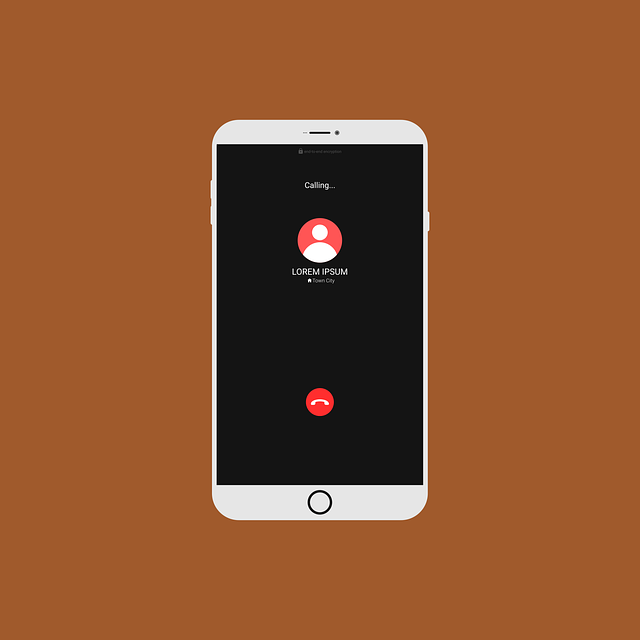Robocalls are a common problem in South Carolina, but state laws offer protection. Consulting a lawyer specializing in local robocall laws can help navigate regulations and block unwanted calls. When choosing a blocker, consider call types, compatibility, and user reviews. Top-rated apps like TrueCall, Hiya, and NoMo offer call identification, blocking, and insights, with machine learning for updated blocking databases. These tools empower users to report suspicious numbers to their lawyer for robocall law assistance in South Carolina.
Tired of unwanted robocalls disrupting your South Carolina peace? You’re not alone. Understanding your rights under the Telemarketing and Consumer Fraud Act (TCFA) is crucial. This guide equips you with the knowledge to navigate the legal landscape of robocalls in SC. We break down key considerations for selecting a robust robocall blocker, from app efficiency and blocking capabilities to privacy protections. Discover top-rated solutions tailored for South Carolina residents, ensuring a quieter, more secure line. Find the perfect fit with expert insights from a lawyer specializing in robocall laws.
Understanding Robocalls and Their Legal Landscape in South Carolina

Robocalls, automated phone calls delivered en masse, have become a ubiquitous nuisance across the nation, including South Carolina. While many robocalls promote legitimate services or products, others can be fraudulent or harassing in nature, often targeting consumers with unfair marketing tactics. In South Carolina, as in many states, laws exist to protect residents from these unwanted calls, specifically addressing telemarketing practices and granting consumers certain rights.
If you’re dealing with a relentless stream of robocalls, considering legal action through a lawyer specializing in robocall laws in South Carolina could be beneficial. These attorneys can help navigate the complex regulations surrounding telemarketing, ensuring your rights are protected. They may also assist in blocking or stopping the calls altogether, providing much-needed relief from this modern-day nuisance.
Factors to Consider When Choosing a Robocall Blocker Solution

When choosing a robocall blocker solution in South Carolina, several key factors should guide your decision. Firstly, consider the types of calls you want to block. While many blockers offer general spam protection, some target specific areas like political or telemarketing robocalls. A lawyer for robocall issues in South Carolina can help identify the most prevalent nuisances in your region.
Secondly, evaluate compatibility and integration options. Does the blocker work with your existing phone system? Are there any requirements for specific operating systems or service providers? Compatibility ensures seamless implementation, so check if it’s compatible with your home or business network. Additionally, consider user reviews and feedback from other South Carolina residents to gauge the effectiveness and reliability of the chosen solution.
Top-Rated Robocall Blocker Apps and Services for South Carolina Residents

South Carolina residents have several high-quality options when it comes to blocking unwanted robocalls. Top-rated apps and services like TrueCall, Hiya, and NoMo offer advanced call identification and blocking features tailored for the local area code landscape. These tools not only filter out spam calls but also provide insights into who’s calling, allowing users to take informed actions, including reporting suspicious numbers to their lawyer for robocall laws in South Carolina.
Many of these apps integrate seamlessly with each other, creating a robust defense against relentless robocalls. They utilize machine learning algorithms to continuously update their databases, ensuring that new spam call patterns are quickly recognized and blocked. For added peace of mind, some services even offer do-not-disturb modes and customizable blocking rules based on specific contact lists or call types, empowering South Carolina residents to reclaim control over their phone lines.






